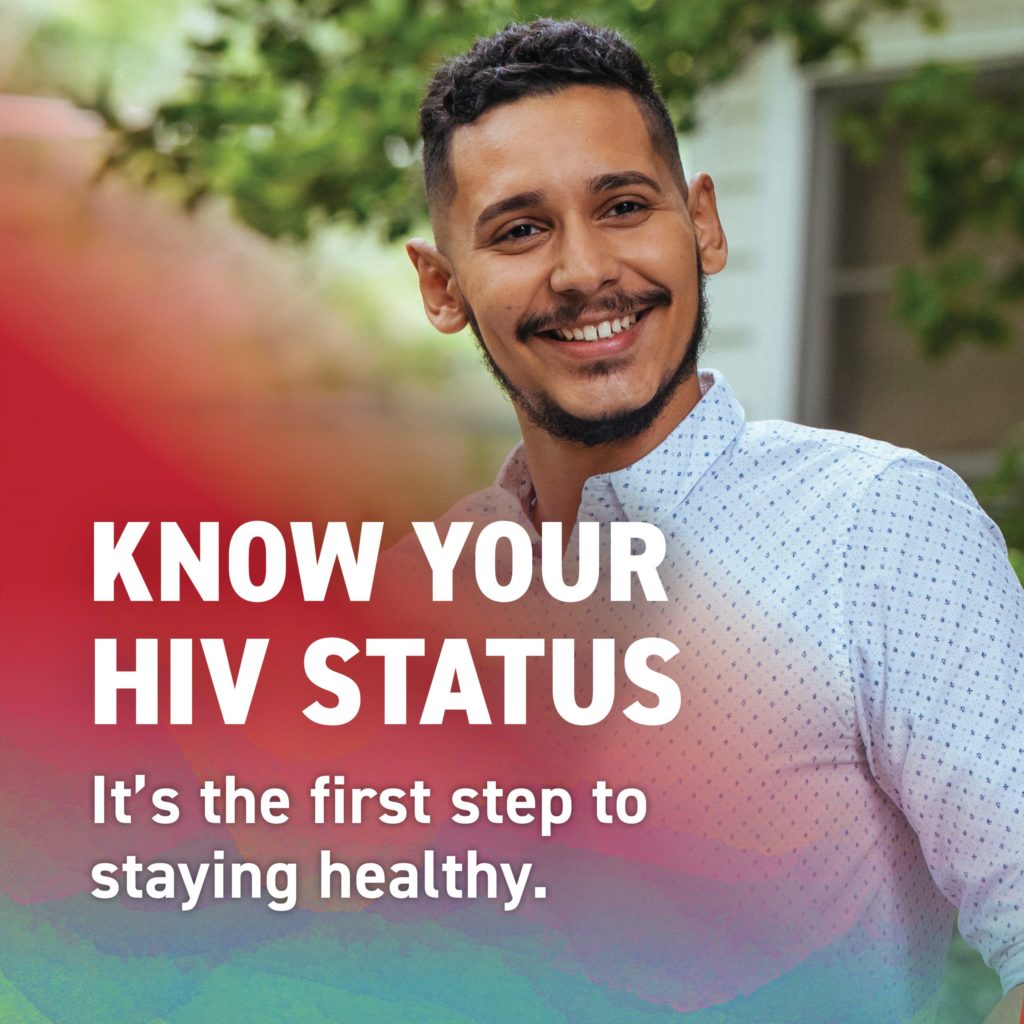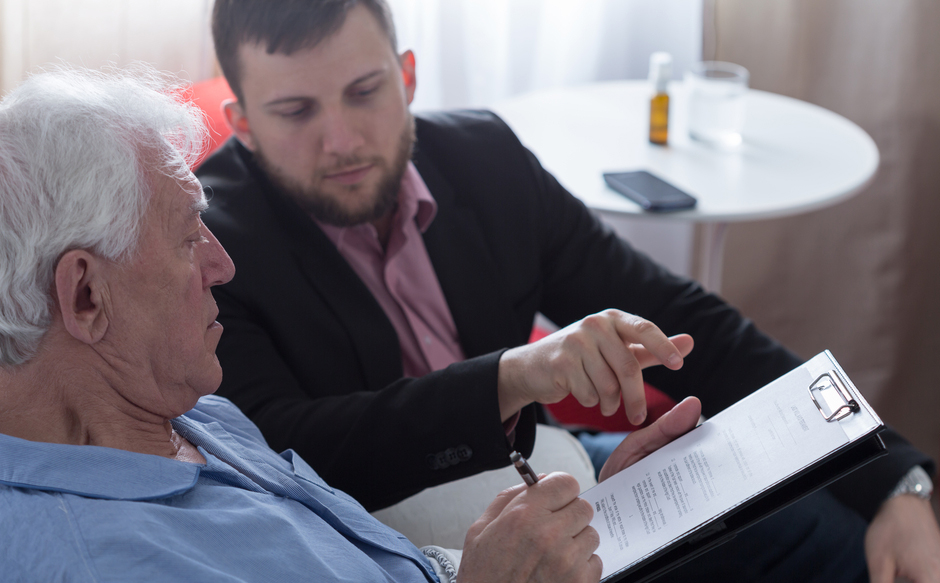An HIV diagnosis is no longer a death sentence.
This is what Karin Palencia-Lua, Raul Rodriguez, Alexander Rodriguez and Guadalupe Ramos, the HIV Care and Prevention Team, at Open Door Family Medical Center, continually stress to patients when they test positive for the virus.
“We tell them that nowadays they can live a long, healthy and normal life as long as they take care of themselves by remaining engaged in care,” said Palencia-Lua, who is the manager of a unit that provides testing and counseling services to patients who range in ages from their teens to nearly 80. “They don’t have to hold off getting tested for fear of a positive result. Nor, at the same time, should they think that they can continue to practice risky behaviors and not test positive. Today, HIV/AIDS is a chronic illness, not a death sentence.”
This is important to note with June 27th being National HIV Testing Day, a time to encourage people to get tested for HIV, learn their status, and get linked to appropriate care and treatment. All patients can get tested and, should they test positive, receive care and treatment at Open Door – regardless of insurance status.
According to HIV.gov, you should get an HIV test if you can answer yes to any of the following questions:
- Are you a man who has had sex with another man?
- Have you had sex – anal or vaginal – with an HIV-positive partner?
- Have you had more than one sex partner?
- Have you injected drugs and shared needles?
- Have you exchanged sex for drugs or money?
- Have you been diagnosed with, or sought treatment for another sexually transmitted disease?
- Have you been diagnosed with or treated for hepatitis or tuberculosis?
- Have you had sex with someone who could answer “yes” to any of the above questions or someone whose sexual history you don’t know?
Many changes have been made over the years in HIV treatment and care. Not too long ago, patients needed to take as many as 20 pills a day to manage the virus. Advancements over the years reduced the number of daily pills required to one. Today, long acting injectable treatment can be given every two months to eliminate the need for any additional antiviral medication for most patients.
Programs like those at Open Door are also working hard to overcome the stigma of HIV and treat the “whole” patient.
“We treat our patients holistically, looking into co-occurring conditions like diabetes or hypertension and having them meet with a dietitian and other specialist to treat the different conditions affecting our patients,” said Palencia-Lua. “We delve into every area of their lives. If they have food insecurity, for example, we make sure they have access to needed services.”
Education is key, according to Palencia-Lua, although many of Open Door’s HIV patients tend to be reluctant to ask questions. Her team routinely dispenses information on the availability of such lifestyle medications as Pre-Exposure Prophylaxis (PrEP) and Post-Exposure Prophylaxis (PEP). While these medications may not be for everyone, educating patients about them is essential.
PrEP is for patients who are HIV-negative and at high risk for being exposed to HIV through sexual contact or injection drug use. This includes taking a single oral pill daily, under brand names Truvada® or Descovy®, or an injection, brand name Apretude®. Meanwhile, PEP is for patients who have had sex with a partner they are concerned might have HIV. They must start taking the pill within 72 hours of the exposure for 28 days.
“Today, living with HIV is a very different story,” said Palencia-Lua. “All the tools are available to them. If they get HIV, we let them know that it is manageable disease. We look to empower our patients through education. And we treat them like family.”
For more information or to make an appointment with Open Door’s HIV services, call 914-406-8207.




